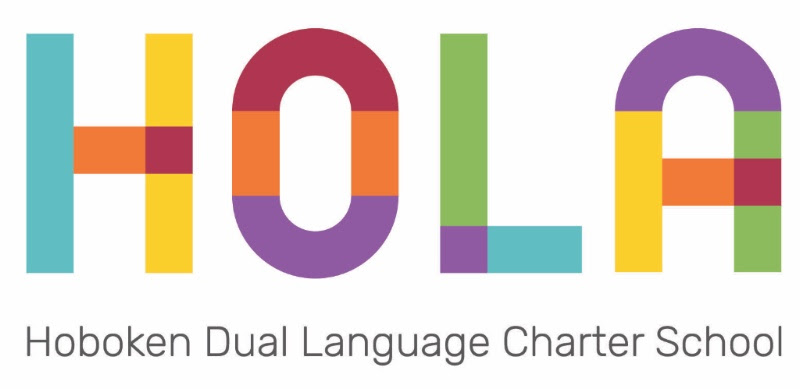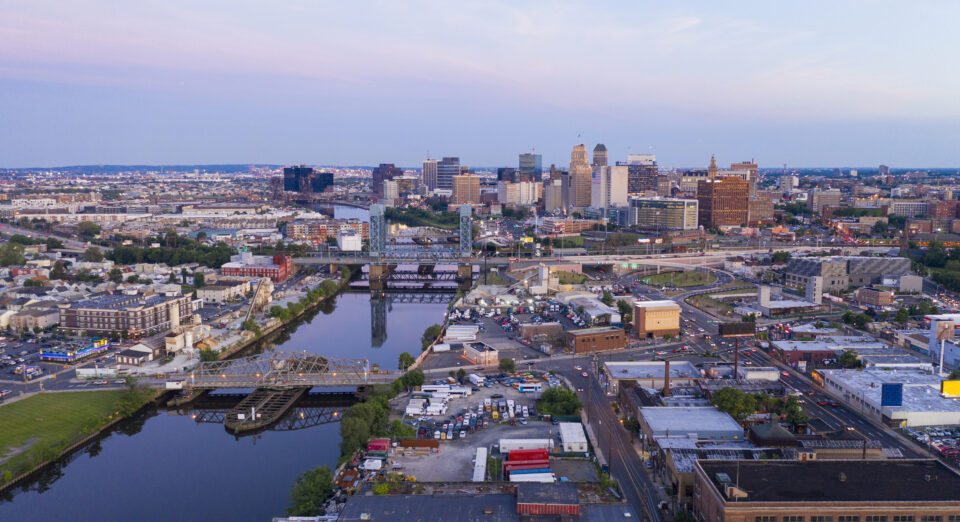Quote of the Day
July 21, 2011Trenton Schools Update
July 22, 2011NJ Charter Schools and the Goodness Gap
John Mooney in NJ Spotlight examines the NJ charter school gap between approval of application and opening of brick-and-mortar school. Earlier this year the DOE approved a record-breaking 23 new charter schools but only 7 will be ready to open in September; the rest will get an additional planning year. This implementation gap is inciting some heat, as both sides use it to bevy up arguments that either charter schools should be a piece of the fabric of public education, or that they’re elitist schemes that drain money from the forever shrinking budgets of traditional public schools.
A great example of this debate occurs in the comments appended to the Spotlight piece. While a few others chime in, the main speakers are Julia Sass Rubin, who heads the anti-charter group Save Our Schools-NJ and Kathy Mone, Business Manager of Elysian Charter School in Hoboken.
A few contextual notes: Elysian, which opened its doors in 1997, is a K-8 school with 289 kids as of 2010 (and 210 kids on the waiting list). Regarding performance, on the ASK 3 standardized test in language arts 78% of third graders at Elysian scored either proficient or advanced proficient. At Salvatore R Calabro No. 4, a traditional K-8 in Hoboken with 161 kids, 62.8% of kids test as proficient or advanced proficient. In math by 8th grade the two schools have similar scores. Total comparative cost per pupil at Elysian is $13,614. At Calabro it’s $21,859.
(Amazingly, the DOE database reports that 0% of Calabro’s kids have disabilities. Must be a typo. Elysian says 8% of its kids do. Both schools say 0% of its kids are English Language Learners.)
Back to the comments on the Spotlight article. Ms. Mone explains that reasons for the start-up delays for new charters could be the Corzine Administration’s failure to get federal grant money. In addition, “opponents are successfully using the zoning process to block the use of facilities.” She describes a bill backed by SOS-NJ that would require that every child be entered in a lottery for a slot at a new charter, regardless of whether the parents have any interest, as a “costly bureaucratic nightmare which would divert financial resources that would be better spent directly on educating children.” Regarding the bill that would require a public vote, she writes,
Charter schools do not have the financial resources to run a political campaign against the $740,000 spent annually by NJEA on political campaigns. Many of us took out a personal home equity loan to open our charter schools.
Ms. Rubin counters that “ any logistical issues [related to global lotteries or community elections] are not insurmountable” and graciously praises Elysian’s transparency and accountability, while noting that not all other charters follow suit. She continues,
In truth, this concept of parental choice is a marketing gimmick thought up by those trying to privatize public education. In public goods, there is no individual choice. We all contribute, whether we use the goods or not, and we all get to decide how to allocate those resources.
A “public good” is an economic term of art and implies limitlessness – more users don’t diminish its availability to others – and unfettered access. Air, for example, is a public good: everyone gets to use it and extra breathers don’t diminish its availability. Ms. Rubin defines public education in NJ as a public good because all students get to attend and an increase in students doesn’t diminish its accessibility. In this context, charter schools are a “private good”: there’s limited slots, so some kids are excluded and, therefore, not every kid has access to them. It’s not technically the “privatization scheme” that charter opponents often conjure up, with evil hedge fund managers skulking aroundcorners, but technically she’s correct.
But is NJ’s public school system really a “public good?” Part of this economic term includes a sense of non-excludability, i.e., no child can be excluded from access to this public good. And that works within a district. For example, Princeton’s traditional public schools (not picking on Princeton, but that’s the example the commentators return to in the Spotlight piece) are a public good to the residents of Princeton. Princeton’s traditional public schools are not a public good to the residents of Trenton (13 miles down Route 1).
And that’s the point. Charter schools – not Hebrew or Mandarin-immersion ones in wealthy suburbs of NJ, but the ones like Elysian which offer an public alternative to district schools – actually serve to augment the public good of education. Kids in Trenton can’t go to Princeton schools, or Princeton Charter School, for that matter. Princeton Public School District – or any elite district – is a private good, at least to the kids in Trenton who are excluded. They have no access. It’s not as available as air. But, ironically, charter schools offer an opportunity to diminish the exclusivity of high-performing suburban districts and move a step closer to education as a public good.





1 Comment
Laura,
First, Save Our Schools NJ is not against charter schools, we simply believe the current charter law is broken and needs to be reformed — but then you know that already.
Second, the comments re: overcoming any logistical issues referred specifically to the proposal to lottery all students in a district for charter spots to get around the appalling lack of demographic representation that currently exists in charter schools. As you know, charter schools educate many fewer special needs, limited English proficiency, and very poor students than the surrounding district schools. Yet some oppose the idea of using a lottery for all eligible students vs. only those whose parents applied to a specific charter schools because they claim it would be logistically challenging. Any logistical concerns seem minor when put up against the need to stop this kind of segregation. I would hope you would agree.
Third, I think you may have misunderstood the choice argument. The point is not that charter schools are not a public good. The point is that the whole idea of parental choice is not valid when it comes to public education because it treats public education, which is a public good, as if it were a personal good, like a sweater. When buying a sweater, the decision is indeed a personal one. When deciding whether to open a charter school that will draw a community’s dollars and children, the decision must be a communal one because public education is a communal good. We don’t own it individually. Here is a fuller explanation of this argument: http://bigthink.com/ideas/39350